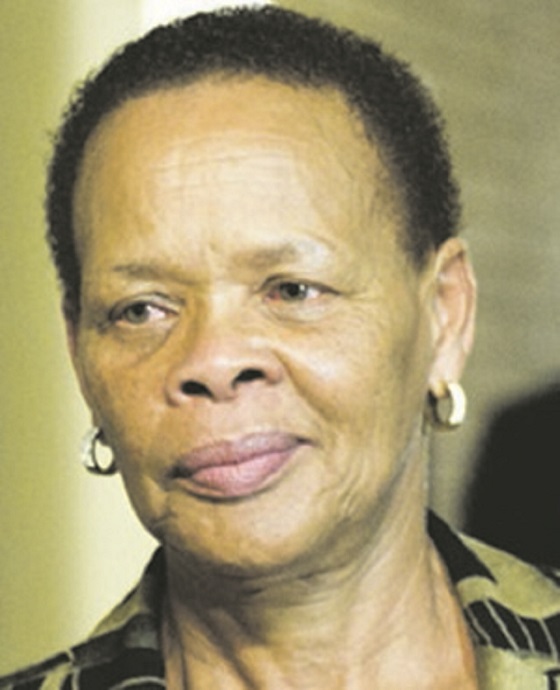Comesa adopts regional industrialisation strategy

Oliver Kazunga, Senior Business Reporter
THE Common Market for Eastern and Southern Africa (Comesa) has adopted the regional industrialisation strategy that focuses on key interventions to expedite industrial development in the region.
The industrialisation strategy, which will run for nine years from 2017 to 2026 covers 19 countries including Zimbabwe that are Comesa member states.
In a statement, Comesa director of industry Mr Thierry Mutombo said the industrialisation strategy aims at structural economic transformation for the creation of jobs and wealth in the region.
“Comesa ministers responsible for industry have adopted the regional industrialisation strategy which defines key interventions at both regional and national levels to speed up industrial development in the region,” he said.
“This strategy has included various stakeholders who are important for its success. The document defines different responsibilities for the private sector as an engine in driving the strategy, member states in creating an enabling business environment and Comesa institutions are also involved,” said Mutombo.
Following the adoption of the industrialisation strategy, Comesa institutions have been given specific tasks to do in supporting the implementation of the strategy.
It is hoped that the Diaspora community would be part of the strategy because of their contribution in providing not only financial resources but also skills and technology capabilities.
In a telephone interview yesterday, the Confederation of Zimbabwe Industries president Mr Sifelani Jabangwe said the adoption of the Comesa industrialisation strategy was a welcome move as local industries were better positioned on industrialisation compared to their counterparts in the region.
“We need to quickly grasp it (industrialisation strategy) so that we run with it ahead of other countries in the region. In terms of industrialisation, so far we are better positioned than most of the countries in the region except for South Africa. If other countries start industrialising, they need to start from scratch whereas us, we need to replace spare parts of the equipment that we already have.
“That gives us competitive advantage over the less industrialised countries in Comesa,” he said. — @okazunga












Comments